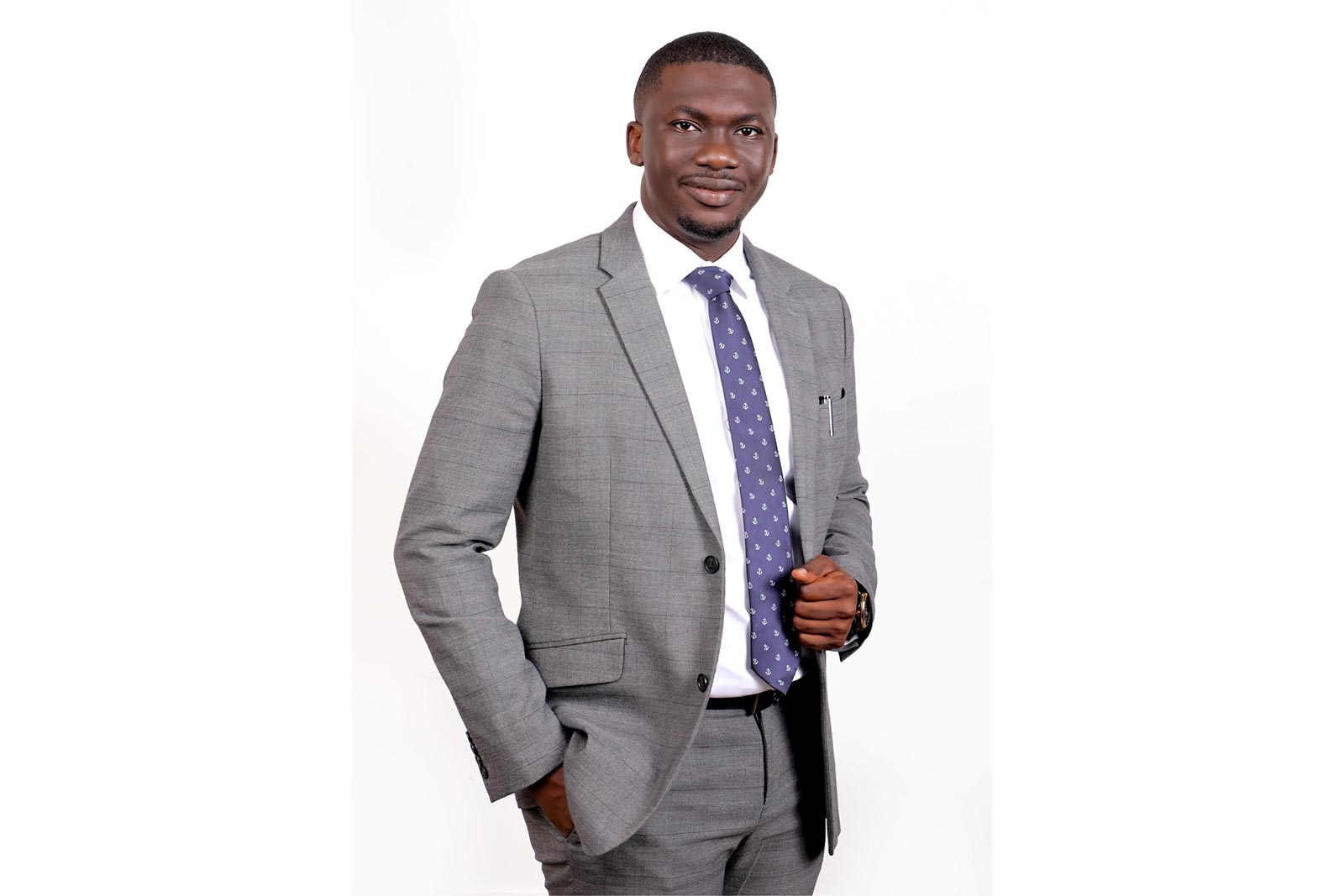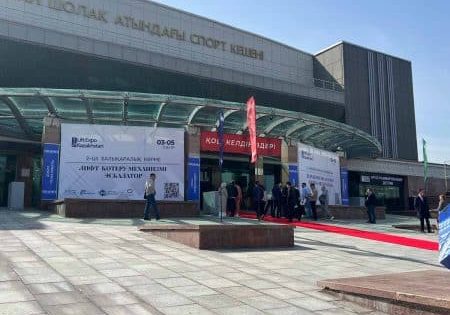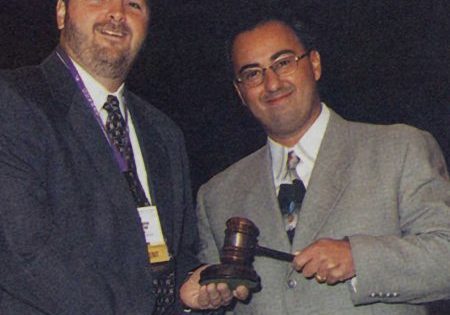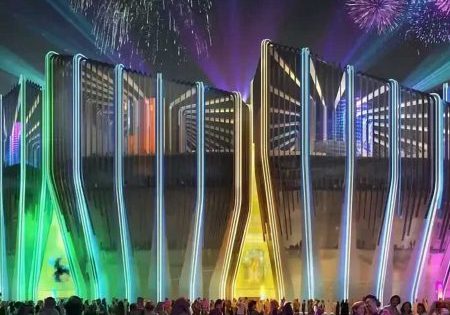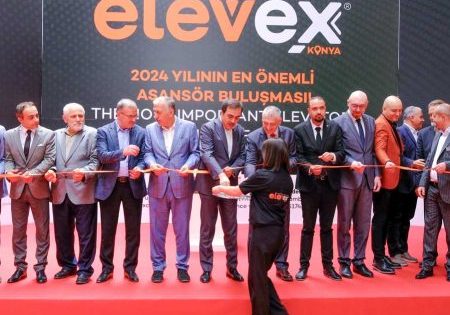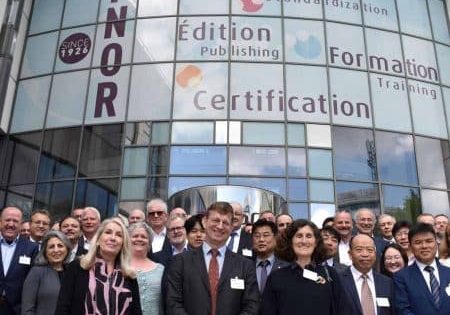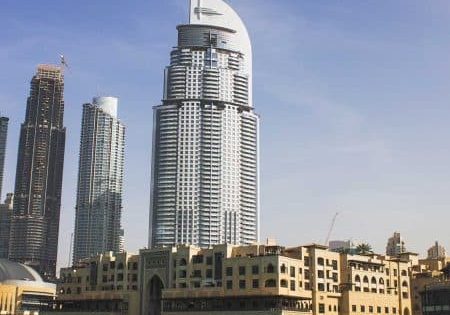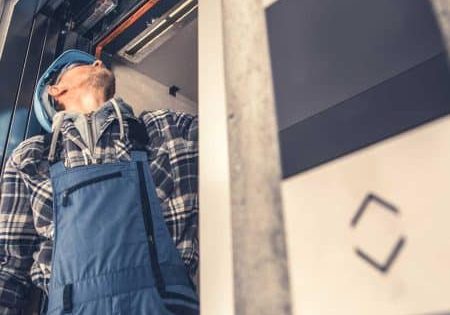A Nigerian lifts company with a corporate dream
Africa’s vertical-transportation (VT) industry has, in the recent past, been on a growth trajectory as investment by both public and private sector players step up their stake in the continent’s property market.
Governments and private companies are betting their cash on infrastructure that supports the continent’s socio-economic space, as demand from the region’s nearly 1.5 billion people in areas such as healthcare and sectors such as the commercial and retail property segments, as well as transportation, fuels consumption of modern lifts and escalators.
Indeed, because of the conducive business environment prevailing in several African countries, VT companies incorporated within the continent are increasing their investment pace in the manufacture, supply and distribution of elevators and escalators to support new projects or maintain already existing infrastructure.
This is the sphere that West Africa’s Akotex Nigeria Ltd. dared to venture into nearly 24 years ago when Managing Director Henrich Akomolafe (HA) began this exciting, but demanding, journey. Your author (SO) spoke with him about the company’s founding and growth.
SO: Please talk to us briefly about Akotex Nigeria Ltd. and how you got started.
HA: In 2000, my father Barnette Akomolafe set up Akotex Nigeria Ltd. to address the challenges he was facing in the engineering and construction industries, with elevators as a side focus. He envisioned an elevator company committed to excellence in design, installation and maintenance. The craftsmanship I saw inspired me to study engineering at Ukrainian and Spanish universities. While in Spain, I did my internship at Mac Puar SA (MP Lifts), one of the leading manufacturers of elevators and moving walks in Europe. It is here that I recognized the need for a service-oriented elevator company prioritizing customer satisfaction and technical proficiency.
When I returned to Nigeria, I joined the company in a junior role but steadily rose through the ranks to the level of managing director. With a vision to improve the company’s activities and transform it into an internationally reputable market player, I created a new subsidiary of Akotex Nigeria Ltd., Akotex Elevator Co. The focus of the subsidiary is investing in VT in Nigeria and expanding across Africa. We have successfully built a comprehensive service model that encompasses everything from initial consultation and design to installation, maintenance and modernization.
The subsidiary has recently been involved in the installation of the first 6000-kg home car lift in West Africa, in addition to more than 1,600 installations. It has also carried out maintenance work on 1,200 units. With Africa (and Nigeria in particular) being an emerging market, we are optimistic about growth as demand for VT services is expected to expand on the back of the fast-growing population, particularly in Nigeria.
SO: What type of business is Akotex Elevator Co. in terms of ownership?
HA: Initially, Akotex started as a family business. We are now in the advanced stages of transitioning into a corporation in 2025 to give the company more leverage in the market. Once Akotex Elevator becomes a corporation, it will be easier for us to access capital to support our envisaged market expansion.
SO: How did you acquire the necessary background/skills to launch and operate Akotex Elevator?
HA: My background in engineering and management from Pompeu Fabra University in Spain laid a solid foundation for my journey in the elevator industry. I also got invaluable hands-on experience and skills specific to the elevator industry when I interned at Mac Puar SA.
The practical exposure had two profound effects on me. First, it equipped me with the technical knowledge and insights necessary to understand the intricacies of elevator design, installation and maintenance. Second, it later fostered a longstanding business relationship between Akotex and Mac Puar SA, hence contributing to the brand that Akotex Elevator has become. So, I believe combining my educational background, internship experience and industry connections has been instrumental to the growth of the company.
SO: How would you describe your typical customer?
HA: This is an interesting question. Our customers are people and organizations who prioritize both quality and value when it comes to purchasing elevators or any VT solution.
In Nigeria, my customers come from different backgrounds. They often include commercial property owners, construction companies, architects and building managers. They want elevators that work well, are safe and don’t waste energy, and they want them to fit their needs and budget.
SO: Why would a potential customer in need of elevator/lift products/services opt for Akotex Elevator Co. over your competitors?
HA: Several factors make us stand out: First, we prioritize top-notch materials and craftsmanship, ensuring our elevators are durable and reliable, even in Nigeria’s challenging environment. Second, we take care to ensure that each client’s requirement is tailored to fit their requirements. Third, we are committed to excellence in terms of installation, maintenance and customer service.
We adhere to stringent safety standards, implementing cutting-edge technology and regular inspections to guarantee the safety of passengers. Moreover, we offer competitive prices and cost-effective solutions without compromising on excellence.
“We prioritize top-notch materials and craftsmanship, ensuring our elevators are durable and reliable, even in Nigeria’s challenging environment.”
— Akotex Nigeria Ltd. Managing Director Henrich Akomolafe
SO: What specific projects have you been involved in, where are they located, and what are the products/services you offer?
HA: Akotex Elevator Co. has been involved in a variety of projects, including commercial buildings, residential complexes, mixed-use developments, hospital and healthcare facilities, educational institutions and government buildings. In each of these projects, Akotex Elevator offers a range of products and services, including elevator design, installation, maintenance, modernization and 24/7 customer support.
SO: How has VT technology impacted your operations, generally, and the choice of your products/services?
HA: New technology in VT has enabled us to streamline our operations, enhance safety and reliability, offer greater customization and improve the overall customer experience, ultimately shaping the choices we and customers make regarding our products and services.
SO: What is your latest project, and does it have any features unique from the previous ones that you have undertaken?
HA: We installed two of our elevator units at the local wing of Nnamdi Azikiwe International Airport. We installed the only home car lift weighing 6000 kg in West Africa, and, as we speak, we are installing our first 21-floor high-rise building lifts with a speed of 2 m/s. We have also installed our lifts in an all six newly built central bank of Nigeria branches. These elevators come with high-security features and building management systems because of the peculiar nature of the building. This year, we introduced our new home lift brand called Stratolifts. Although we are just in the first quarter, we presently have received orders for 67 home lifts, an indication of a growing home lifts market in Africa.
SO: Do you have any plans to expand beyond the West Africa market? If so, how do you intend to go about it?
HA: Yes, we do have plans to expand beyond the West Africa market in the future. However, because of our longlasting business relationship with MP lifts, our major manufacturing partner, it is not easy penetrating other markets in West Africa, as the Spanish company has other partners in the region. But the introduction of Stratolift is expected to open new market opportunities, although this is a strategy we are still working on.
Furthermore, the establishment of the African Continental Free Trade Area is expected to open new market opportunities for us within Africa when it finally becomes fully operational, and the movement of goods and services liberalized.
SO: What is your view on the current regulatory framework for the elevator/lifts industry in the West Africa region?
HA: Industry regulations vary from country to country. However, there is a trend across West Africa toward adoption of safety standards and regulations that are aligned to international organizations such as the International Organization for Standardization (ISO) and the European Committee for Standardization (CEN).
For instance, in Nigeria, a Soncap certificate is required for elevator manufacturers, suppliers and service providers to operate in the market. Similar certifications or permits may be mandated in other West African countries, as well. Moreover, periodic inspections of elevators are commonly enforced to ensure compliance with safety standards and regulations.
However, despite progress, challenges remain in enforcement, capacity building and coordination among regulatory authorities. There is a need for continued collaboration between stakeholders, including government agencies, industry associations and international organizations, to further enhance safety, quality and efficiency in the elevator/lifts sector across the Economic Community of West African States region.
SO: What global and local standards do your products/services comply with and is there a need for the harmonization of certification of these standards in Africa?
HA: I am a member of the Council for Regulation of Engineering in Nigeria (Coren), the Nigerian Society of Engineers (NSE) and the Nigeria Society of Mechanical Engineers. As a company, we are currently working on harmonizing with international certification bodies. Until then, we will continue to follow the European standards of EN 81-20 and EN 81-50.
Get more of Elevator World. Sign up for our free e-newsletter.
